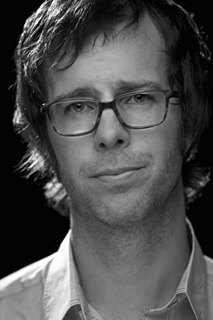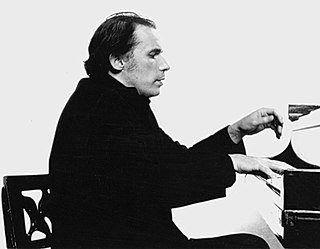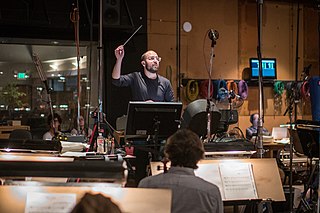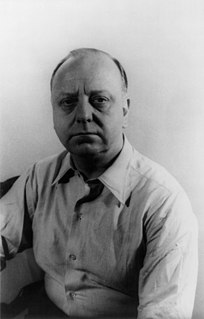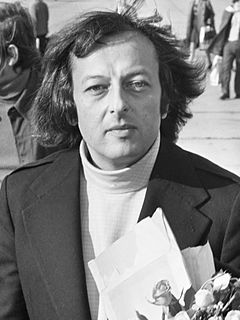A Quote by Daniel Handler
I listen to Morricone, the famed Italian film composer, while I'm working.
Related Quotes
Before writing a single note of music, and even before the spotting session, I find it best to sit down with the director and just listen to him or her talk about the film - what they're trying to say, what they want the audience to understand or believe, and a thousand other similar questions. The director has most likely been living with the film for years before a composer is attached, and so the director's inclinations, desires, and understanding of the film are paramount.
In 1993, my first documentary was about the civil war in Algeria. That was in French and in Arabic. Another short film I did was silent. What I'm trying to say is that, yes, I'm Italian, and yes, I make films with Italian money, but personally, I've always been invested in the broader world of film-making.

